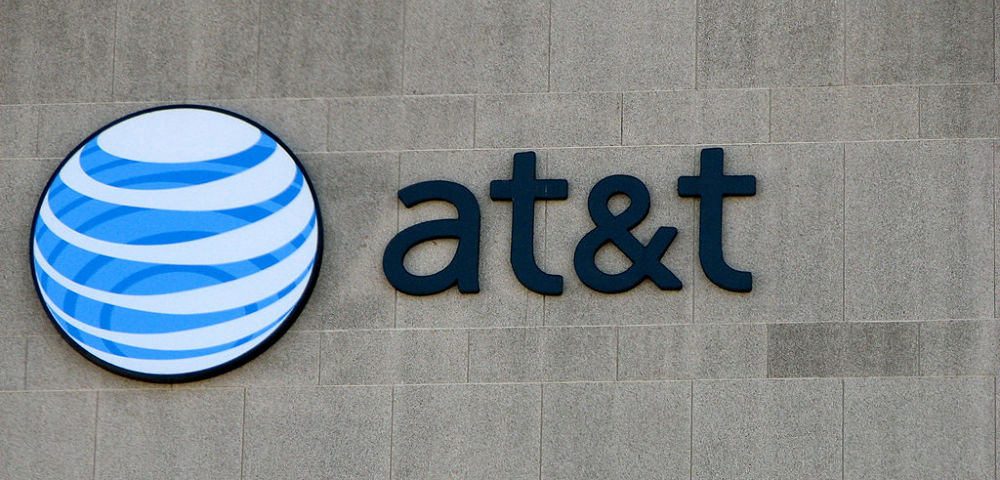The Truth About AT&T’s Fast Lanes and What It Means for the Future of the Internet

Ever since the recent vote to repeal net neutrality, internet users have been up in arms about the consequences. Unrestricted, telecom companies could easily create higher-cost internet “fast lanes” and deliberately throttle internet traffic to services that compete with their own. And sure enough, within weeks of the initial vote to repeal, there has been an explosion of news stories about AT&T’s bid to abandon net neutrality structures and start creating internet fast lanes.
But is all the hype factually correct? What’s really going on here, and what does it mean for the future of the internet?
What’s actually happening
AT&T
“This may suit partisans who lust for issues of political division, but it isn’t healthy for the Internet ecosystem, for the economy, or for our political system.And, followed to its logical conclusion, this will do long-term damage to the FCC as well.”
In addition to that, AT&T has played a bold (and some might argue deceitful) game of masquerading as a proponent of net neutrality, while intentionally battling against it. For example, during the “day of action” net neutrality protest last year, the company sported messages that “AT&T supports an open internet,” while leading customers to leave pre-written messages to the FCC that subtly fight against net neutrality.
The company’s past actions clearly show that they’re against net neutrality, and they’re likely celebrating now that those restrictions are going away. But are they really already offering internet fast lanes?
The short answer is no. The company did announce a major expansion to their sponsored data program, which has been in existence for years. The new plan allows companies to pay for certain data streaming services that would otherwise appear as charges to an individual user’s phone bill; for example, if a video streaming company wanted to incentivize customers to use their service over a competitor’s, they could pay AT&T money to provide that data to customers (rather than having the customers pay for it).
There are no additional charges to customers, and no changes to AT&T’s internet packages, nor is there preferential treatment of that data over other data. In other words, this has nothing to do with the conventional notion of a “fast lane.”
AT&T has also stated that it doesn’t intend to create fast lanes in the future, nor will they engage in any of the activities that net neutrality proponents feared most. Senior Executive VP of external and legislative affairs Bob Quinn said, “We will not block websites, we will not throttle or degrade internet traffic based on content, and we will not unfairly discriminate in our treatment of internet traffic.”
It remains to be seen whether AT&T will stay true to this promise in the long term, but for right now, it’s holding true.
Are fast lanes really that bad?
Fast lanes have been demonized as a concept that could ruin the internet forever. And there are some important downsides to consider: for example, with internet fast lanes, an internet service provider could provide its fastest service only to the customers who could afford to pay it, pricing out lower-income households and putting them at a strong disadvantage in the digital age.
If telecom companies allow big companies to pay extra fees to have their content stream faster, it could also price startups and small businesses out of the market.
Proponents of the “fast lane” model claim that fast lanes could drive further innovation, encouraging telecom companies to invest in more infrastructure and bring faster internet service to all customers. That infrastructure might become even more important with technologies like autonomous vehicles and medical devices requiring a minimum stable requirement for data delivery.
Because competition between telecom companies still exists, it’s also unlikely that any one company would treat their customers unfairly, for fear of losing them to a competitor.
So could internet fast lanes destroy the internet? It seems unlikely, though the argument is one based on opinion; it remains to be seen how companies would use and/or exploit fast lanes, so it’s impossible to tell how they’d play out.
What to watch from here
So what can we learn from this experience, and what does it mean for the future of the internet?
Companies aren’t interested in fast lanes… for now. For at least the time being, AT&T and other telecom companies aren’t making a transition to offer fast lanes. Some have gone on record stating they have no plans to do this in the future, though these words should be taken with a grain of salt. Whether this is because companies believe fast lanes are a poor decision, or whether it’s because they’re waiting for public outcry to calm down remains to be seen.
Don’t believe everything you read. There’s been significant outrage over a new service that AT&T never formally announced (and certainly never rolled out). Criticizing the sponsored content program is fair and acceptable, but distorting the truth is irresponsible (yet all too common). Before you get too angry or excited about any news in the telecom industry, take a look at multiple sources and verify the claims for yourself.
Corporate deals could become more popular. AT&T’s sponsored content expansion is significant, and shouldn’t be ignored. It’s an indication that AT&T intends to take full advantage of the net neutrality repeal, and will likely focus on more offers for companies, rather than new services or charges for individual customers.
Ultimately, the future of the internet is still up in the air. Whether you believe the repeal of net neutrality will be a force of destruction and inequality or one of competition and innovation, no telecom company has given us a clear indication of how they’ll evolve in the future.
Until we have firm evidence and clear examples, it’s our responsibility to understand the news before we react to it, and report things accurately if we want to be taken seriously.



